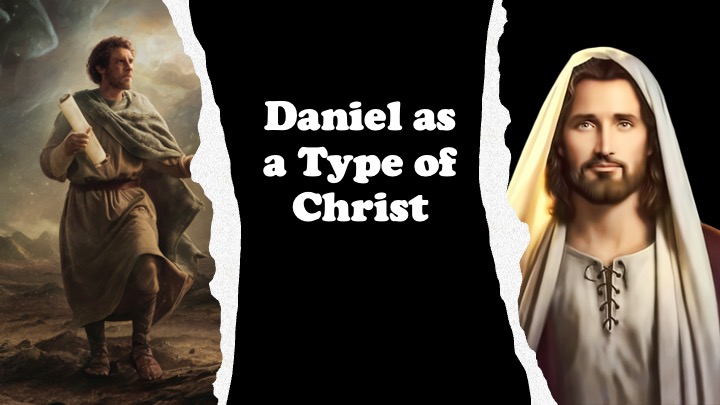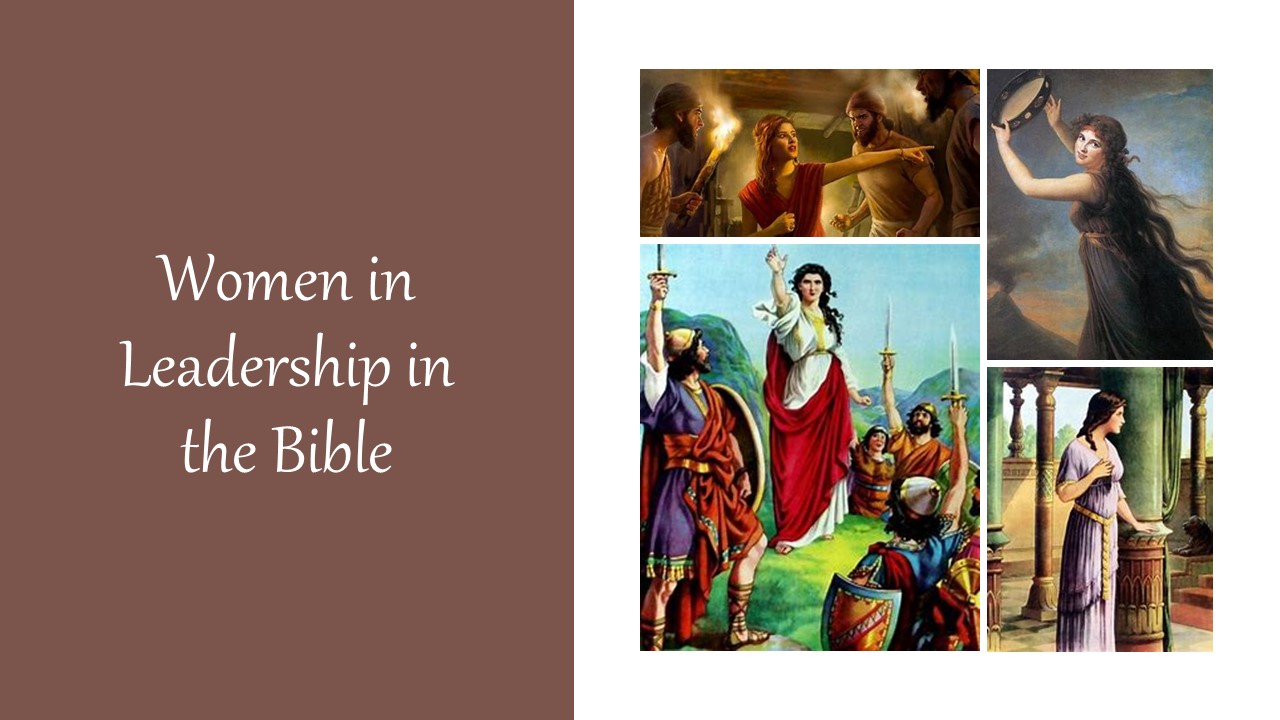Part 7 of The Disciple Whom Jesus Loves opens with the disciples reflecting on the remarkable transformation they witnessed in Sychar. Jesus uses the moment to teach them a powerful lesson through the song “Fields Ready for Harvest,” explaining that spiritual readiness often lies where they least expect it. He challenges them to see beyond ethnic and religious boundaries, revealing that the harvest of souls spans from Jerusalem to the ends of the earth. The disciples are invited into a mission far greater than they imagined—one that others have prepared before them and one they now have the opportunity to continue.
The scene shifts as the group returns to Cana, the place of Jesus’ first miracle. But instead of celebration, they encounter desperation. A royal official from Capernaum arrives breathless, pleading for Jesus to heal his dying son. In the poignant solo “Signs and Wonders,” the father expresses his deep faith—not in spectacle, but in the quiet authority of Jesus’ word. Jesus tells him simply, “Go, your son will live,” and the man departs, clinging to nothing but trust. As he journeys home, he learns from his servants that the healing occurred precisely at the moment Jesus spoke. Overcome with awe, he and his entire household come to believe.
The episode closes with the reflective anthem “Unless You See (Faithful Are Your Words),” celebrating the power of faith that does not rely on signs. Elder John narrates with reverence, noting that while miracles drew crowds, it was belief—quiet, courageous belief—that transformed lives. As the disciples continue their journey, the questions begin to grow: Who exactly is this man they are following? How does He speak with such power? And what, ultimately, will it cost to walk in His footsteps? With each miracle, the mystery deepens, and the call to trust becomes more personal and profound.

Several Old Testament figures serve as types of Christ, providing foreshadowing of His ministry, sacrifice, and kingdom. These individuals, through their lives and actions,...

In many traditions of the Church, there has been confusion and controversy about the roles of women in ministry. While people still debate what...

We wrap up our week-long study of the book of Ezekiel by reviewing that this prophetic book of the Bible teaches that: (1) God...